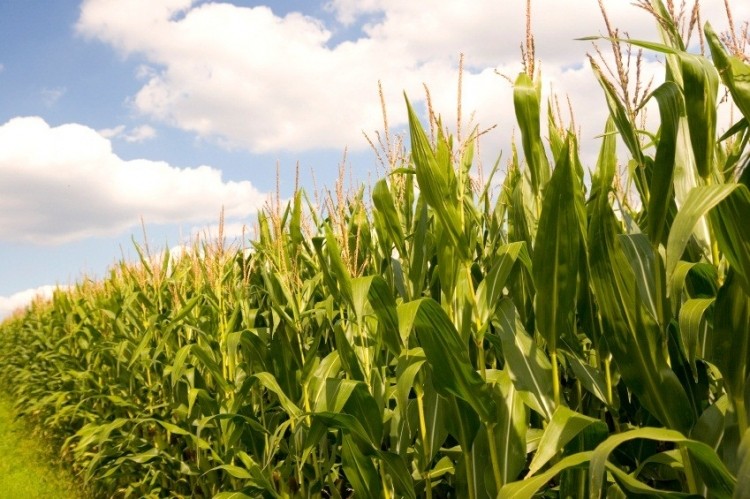US: Intervention attempt from feed crop growers in neonicotinoid-treated seed lawsuit

As a way to show their support, crop associations including the National Association of Wheat Growers, American Soybean Association and the National Corn Growers Association have requested to join a lawsuit supporting the EPA and its regulations. Other members of the coalition include Crop Life America, the American Seed Trade Association, Agricultural Retailers Association and National Cotton Council of America.
“The coalition seeks to join the lawsuit to defend EPA’s current regulation of neonicotinoid and other seed treatment pesticides and to ensure that the court and EPA understand the vital importance of treated seeds to American agriculture,” said a spokesperson for Crop Life America.
The Northern District of California San Francisco Division court is currently considering the EPA’s request to have the motion dismissed, she told FeedNavigator. “The coalition supports the government’s motion to dismiss,” she added.
Treated seeds have a pesticide applied to their surface prior to planting, coalition lawyers said in case documents.
Case details
The lawsuit was brought against the EPA by a group including the Pollinator Stewardship Council, American Bird Conservancy, Center for Food Safety and Pesticide Action Network of North America in January.
The complaint challenges the EPA for continuing to allow the sale and use of seeds coated with insecticide, saying that the action is a violation of the Federal Insecticide, Fungicide and Rodenticide Act (FIFRA) as the products are “unregistered pesticide products,” lawyers for the plaintiffs said in case documents.
The treated seeds do not have to be registered, there is no labeling and there was no adequate review of the risks they present, they said. “EPA’s actions and inactions have caused both acute honey bee kills and chronic effects leading to excess bee colony mortality, excess bird mortality, nationwide water and soil contamination, and other environmental and economic harms, thereby severely damaging plaintiff beekeepers’ businesses, also damaging the land and welfare of plaintiff farmers, and damaging the interests of the Plaintiff nonprofit groups,” they added.
The EPA, argued the plaintiffs, does not have the authority to exempt the seeds from registration. And, the exemption interpretation has not been properly noticed according to procedure, they said.
The plaintiffs are asking that the exemption be found unlawful; that seed coated with neonicotinoids be regulated as pesticides; and that the EPA be prevented from allowing more unregistered neonicotinoid-coated seeds or seeds treated with other insecticides that go beyond the seed and plant.
The EPA filed a motion to have the case dismissed in March, claiming the court lacks jurisdiction to hear the claims being made.
Intervention attempt
The coalition is supporting the current regulation as a way to protect the use of the seed treatments, said the spokesperson.
“Treating seeds with pesticides helps control a wide variety of harmful insects and diseases found in the soil,” she said. “The pesticides are applied to many of the crop seeds planted in the US, including soybeans, wheat, cotton, corn, beets, peanuts, onions, leafy vegetables, rice and more.”
The treatments are used to protect seed growth before it is visible above ground, she said. That support helps plant be healthier and have better yield.
In the intervention, the coalition asks to be included as defendants or for ‘permissive intervention’ as a way to protect interest in the development, use, and sale of both seed treatments and treated seed, said coalition lawyers. The outcome of the lawsuit is of interest because the proposed changes could cause economic challenges for growers and for users of feed crops, among others.
The coalition should be allowed to take part because members own or use the seed treatments in question, they said. “Growers would also face additional and costly regulatory burdens if seeds were to be registered as pesticides by EPA, as each planting may be considered a pesticide application, requiring some growers to register as certified pesticide applicators,” they added.
Additionally, no other groups involved in the case would be representing the specific interests that the groups in the coalition have, they said.









